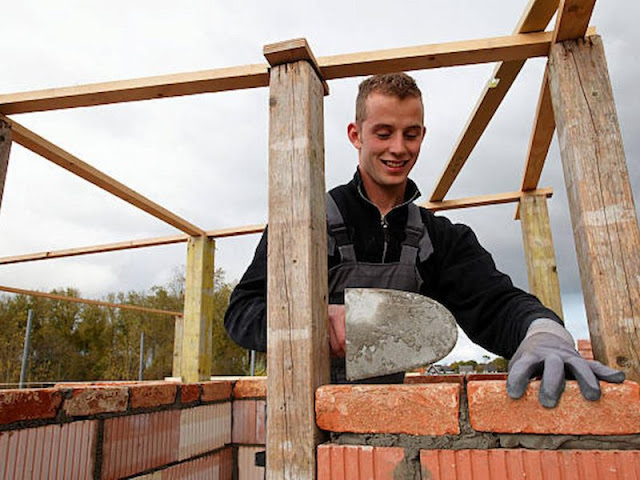Is the building of your brand-new house finally completed? However, looking closely at it, you might have observed that the foundations underneath it are not properly settled. It is a common problem that many brand-new houses experience depending upon the area in which they are built. This is where house levelling comes into the picture.
Most of the house's foundations get settled uniformly, which doesn't cause any future problems. If the foundation has settled differently, there are bound to be problems with various house sectors.
Don't Ignore The Signs: Why You Might Need House Levelling
Now you might be wondering how these house foundations experience differential settling. Then, here are some reasons mentioned below how house levelling could help you get a better idea of it:
- Too Much Moisture Content In The Soil
One of the significant reasons the foundation underneath the house is unsettled might be excess moisture in the soil. It is caused due to degraded drainage systems near the foundation or plumbing leaks beneath it.
- Excessive Growth Of Tree Roots
The tree roots under the soil are always looking for more space to spread and grow in search of water. Due to this, they end up using most of the moisture available inside the soil, resulting in the foundation shrinking and destabilizing its core.
- Expansive Soil
If your house is built on expansive soil, it is bound to cause problems for you. The expansive soil means they swell and absorb moisture more quickly than other categories of soil, resulting in shrinking and drying out of it. The continuous movement due to the soil not being stable makes it a lot more complicated for the foundation to stay intact.
- Poor Construction
Lastly, poor construction is the most common reason behind the foundation not getting settled. Suppose the soil underneath the foundation wasn't compacted before starting the construction; this type of problem could arise.
Don't Ignore The Signs: Why You Might Need House Levelling
Various signs for helping you know better if your place needs to go through the process of house levelling or not.
- Cracks Start To Appear In Walls, Floors, And Ceiling
Significant signs through which you can know for sure if there is a need for house levelling are significant and unusual cracks appearing throughout the walls, ceilings, and floors. Any cracks more prominent than a hairline need to be repaired as soon as possible.
- Late Opening And Closing Of The Doors And Windows
When the soil starts to destabilize due to not getting settled, then it might be causing problems to the area covered by the foundation. That makes the doors and windows impossible to function in your brand-new house due to not getting hold of the plumb inside. Identifying the problem and asking for house levelling services might be your best choice.
- Uneven Floors And Bulging Walls
Another one of the significant signs through which you can know if your place needs to go through house levelling. It recognizes the structure of uneven floors and bulging out of the walls after some time.
- The Appearance Of Gaps On The Walls Between The Ceiling And Floor.
One of the common signs through which you can know if house levelling is still the best option for you is identifying the development of gaps between the walls of the ceiling and floor.
- What Is The Actual Cost Required For House Levelling?
After knowing everything about house levelling, the cost of applying for the services is the final thing on our minds. There is no easy way through which you can estimate the actual cost required for house levelling. Various factors come into play, like the original size of the house, its condition of it, and the real cause of the foundation problem. This is why you should hire experts depending on the geographical location and through a thorough inspection of the place.
Conclusion
Suppose you wonder if your house is not appropriately settled in its place and would need to go through the house levelling procedure. Then, without wasting any time, calling for the services of a professional in this field will let you know the signs and reasons behind this problem. Hopefully, after reading the above article, you have a broad idea about house levelling.






No comments:
Post a Comment